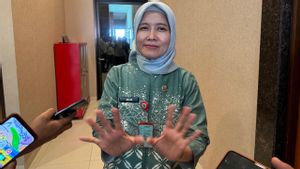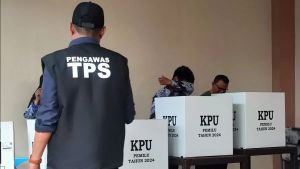JAKARTA - The Philippine military is forming a cyber command to increase its defenses against cyberattacks that appear almost daily. They will relax recruitment rules to ensure that they can attract online experts, the head of the armed forces explained on Thursday, October 19.
Several government agencies, including the Lower House of Congress, recently reported cyber attacks. Even the head of the armed forces said that some attacks on the military almost daily came from abroad.
"Instead of recruiting soldiers for infantry battalions, this time we will recruit cyber soldiers," General Romeo Brawner told reporters. "There is general awareness that this type of new soldier does not need to be physically strong."
"We've been through this almost every day," Brawner said of the attack, although he added that nothing had worked. "We believe some attacks come from abroad."
Brawner did not mention where he believed the attack came from, but tensions with China have risen in recent months, particularly linked to the contested territory in the South China Sea.
The Philippines has complained of China's "dangerous maneuver" aggressive action by its coast guard and navy, especially near a contested waters.
SEE ALSO:
Meanwhile China rejected the complaint and said its ships were operating legally in their waters.
"Cyber defense training has been part of a joint exercise this year with US troops," Brawner said, highlighting the importance of cyber resistance in defense strategy.
Brawner also said that the military would stop telecommunications companies from building mobile towers in military camps. The base has been a place for installations operated by several cellular phone companies, including Chinese-owned telecommunications company China Telecom.
Brawner also said that as part of modernization efforts, he hopes to get radar equipment from Japan to increase surveillance of territorial waters and exclusive economic zones.
The English, Chinese, Japanese, Arabic, and French versions are automatically generated by the AI. So there may still be inaccuracies in translating, please always see Indonesian as our main language. (system supported by DigitalSiber.id)


















